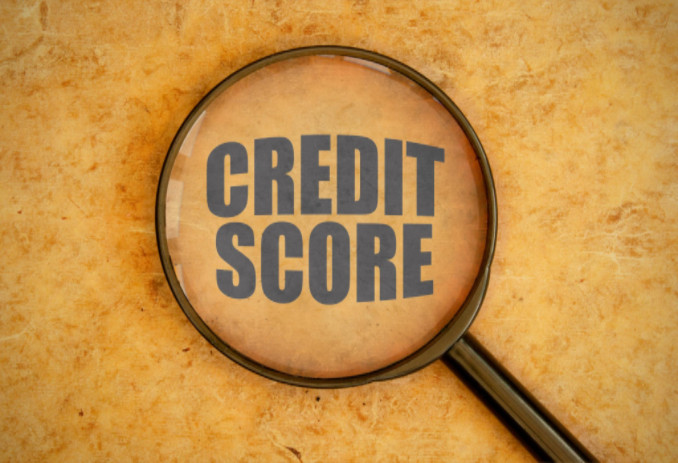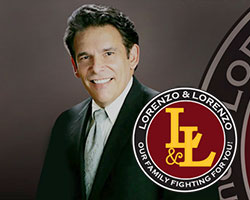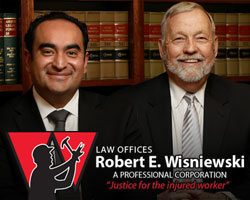
During tough economic times or personal financial crisis, many people have had to forego their homes or various investment properties through foreclosure or short sales. Your personal credit score will be affected with these decisions, but often times there are no other options.
There are differing opinions as to whether a foreclosure or short sale is worse, but many believe your credit score will receive similar hits.
What is short selling?
A short sale is basically debt forgiveness by your bank. The bank agrees to forgive the difference between what you owe them and how much money is generated from the short sale. Often times, a person has to pay taxes on the deficiency.
What is foreclosure?
A foreclosure can be worse because you aren’t working with your financial lending institution to settle your debts. You’re basically saying you can’t pay anything and have to let the property go.
Fair Isaac released a report saying that credit scores are affected about the same, whether a seller does a short sale or foreclosure. According to Isaac, the average points lost on a FICO score are as follows:
- 30 days late: 40 to 110 points
- 90 days late: 70 to 135 points
- Foreclosure, short sale or deed-in-lieu: 85 to 160
- Bankruptcy: 130 to 240
Basically, you want to do all you can to avoid either a foreclosure or a short sale. Your credit will be affected and trying to get another loan for any period of time will be difficult. A foreclosure will stay on your credit score for at least seven years, whereas the duration of time a short sale stays on your record depends on various situations.
Consult a real estate or bankruptcy attorney if you have questions about how a foreclosure or short sale will affect you.







